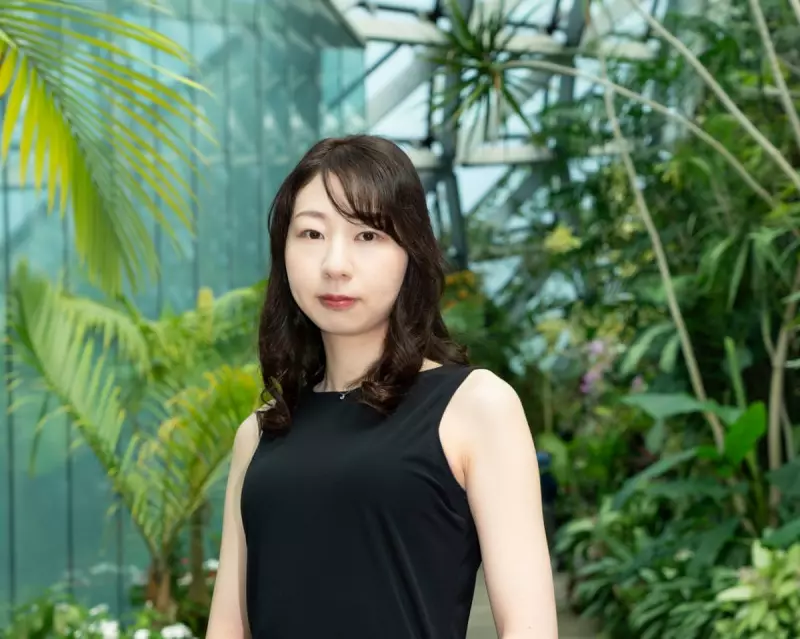
In a bold move that has sparked debate across the literary world, acclaimed author Rie Qudan has revealed that her latest award-winning novel was crafted with the assistance of ChatGPT. The novel, which recently secured a prestigious literary prize, showcases the growing intersection of artificial intelligence and creative writing.
The AI-Assisted Creative Process
Qudan, known for her experimental approach to literature, described how she integrated ChatGPT into her writing routine. "AI became my collaborative partner," she explained. "It helped me overcome writer's block, generate fresh ideas, and even refine dialogue."
Balancing Human and Machine Creativity
The author emphasized that while ChatGPT provided raw material, the final work remained distinctly hers. "The AI generated possibilities, but every creative decision - structure, tone, thematic depth - came from me," Qudan stated. She compared the process to working with an exceptionally fast research assistant who could instantly offer multiple narrative directions.
Industry Reactions and Ethical Debates
The literary community has responded with both fascination and concern:
- Some praise the innovative approach as the natural evolution of storytelling
- Others question whether AI-assisted works should qualify for traditional awards
- Many are curious about disclosure requirements for AI collaboration
Qudan remains unfazed by the controversy: "Every technological advancement in art has faced skepticism. The quill gave way to the typewriter, which yielded to word processors. This is simply the next step."
The Future of AI in Literature
As AI tools become more sophisticated, Qudan believes we'll see increasing experimentation:
- Hybrid human-AI creative processes becoming normalized
- New literary genres emerging from AI collaboration
- Evolving standards for transparency about AI use
The success of Qudan's novel suggests that the publishing world may need to reconsider its definitions of authorship and originality in the age of artificial intelligence.





